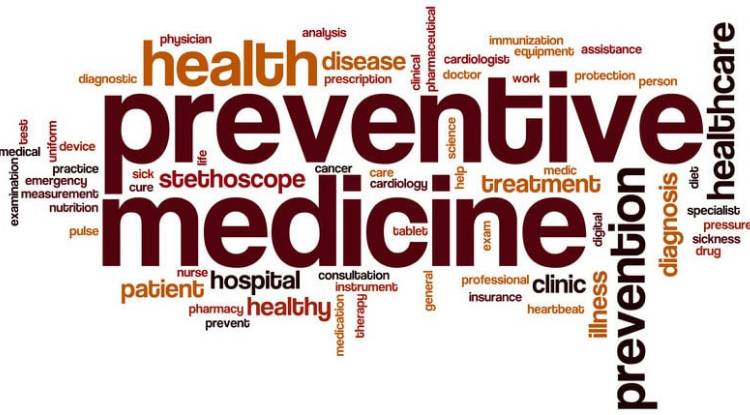
What is Preventive Medicine?
Preventive medicine aims to preserve health and reduce the effect of diseases on one’s life. Doctors offer preventive medical services to minimise the chances of falling sick, detect different health issues on time and provide treatments before a condition worsens. This helps you live a healthy life and ensure recovery within a short time.
What is the difference between prevention and preventive medicine?
Most people talk about prevention through exercising regularly, limiting alcohol intake, drinking a lot of water, avoiding tobacco products, and eating healthy as measures to stay healthy. However, these things make up a healthy lifestyle, which is part of preventive medicine.
Preventive medicine also involves using the latest medical expertise and innovative technology to assess health risks, treat and detect different conditions. Having a healthy lifestyle can help you remain healthy, but some conditions can still develop unnoticed. Only a thorough assessment by a medical expert can help identify underlying health conditions.
How does preventive medicine save lives?
Preventive medicine does not only keep you healthy;it also saves lives through the following means.
- It detects health risks that you can avoid through certain lifestyle changes
- It limits the severity of diseases
- It limits disabilities and helps ageing individuals remain independent
- It helps make treatment easy through early detection of diseases
- It uses the latest technology and western medicine to review health problems
An example of preventive medicine saving lives is in the treatment of cancer. Early detection of colon cancer through colonoscopy tests during a health screening can be cured without chemotherapy. If you visit a doctor while having a bleeding rectum or other symptoms and have colon cancer, treatment will involve chemotherapy and colostomy.
Early diagnosis of ovarian cancer with preventive medicine increases the chances of a successful treatment, but diagnosis after pain or other symptoms increases mortality to about 90%.
Asides from cancer diagnosis and treatment, other tests during regular health screening such as cardiovascular tests can prevent early death through lifestyle changes like weight control and quitting smoking.
Why is preventive medicine not a part of primary care?
Compared to other European countries, the UK has a high cancer mortality rate. This is mostly a result of late diagnosis since preventive medicine is not included in the general healthcare system. The lack of understanding and awareness of preventive medicine among GPs is also a problem.
In the UK, people get about four consultations before they get diagnosed with cancer, but one thorough consultation by a skilled doctor should arrive at a clear diagnosis. However, the lack of dialogues between doctors and patients leads to reduced progressive care. This means most people do not get the right attention and care needed.
Inprivate healthcare services, the consultation time is longer, and you can discuss several symptoms with the doctors. This means that patients get to spend more time with patients to understand the patient’s health needs.
Who benefits from preventive medicine?
Everyone can benefit from preventive medicine. However, your commitment and age will determine your level of benefits from preventive medical care services. For example, people below 40 with a dedicated doctor can avoid certain conditions as they age. Preventive medicine can help people between 40 – 70 prevent unavoidable conditions from becoming chronic, and after 70, it preserves health and aids independence.
You can assess general preventive medical services such as vaccinations, treatments, regular health screenings, same-day treatments, and continuing care from any private doctor clinic.
Visit this website for more information about preventive medicine and schedule a same-day appointment with a private GP for your health needs.













